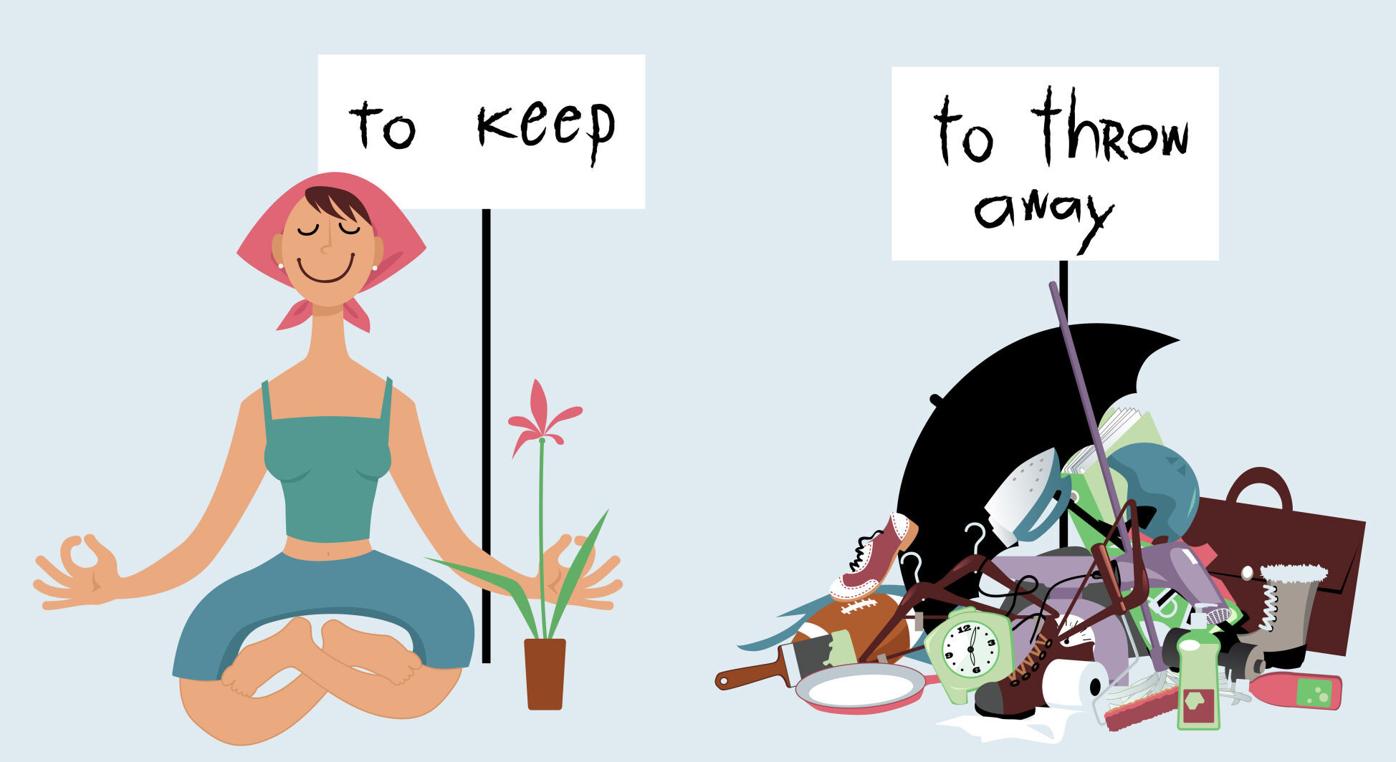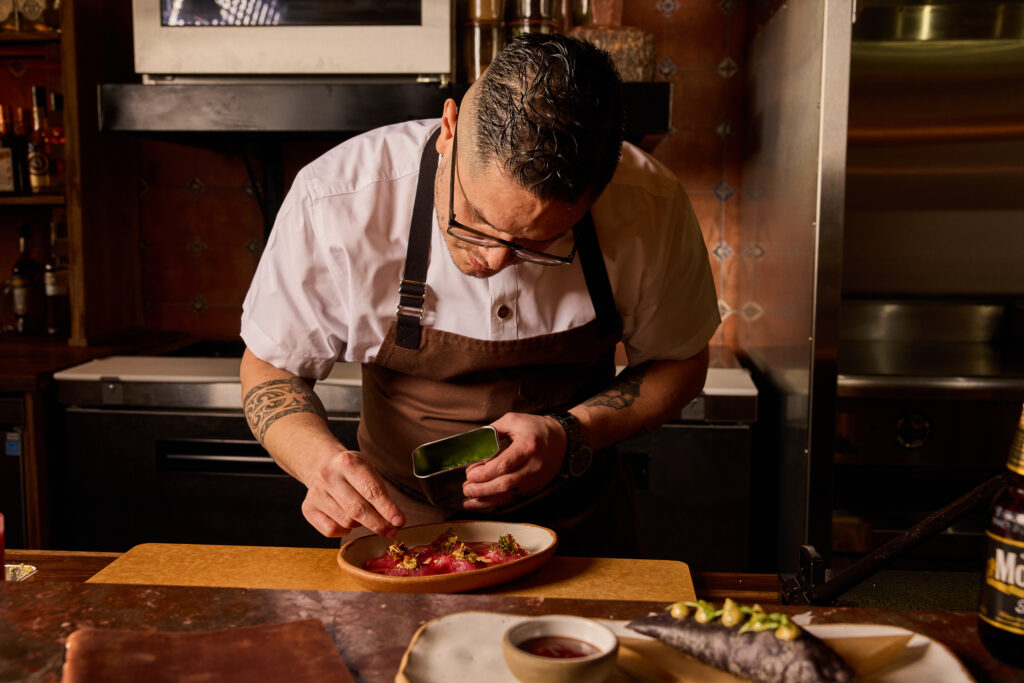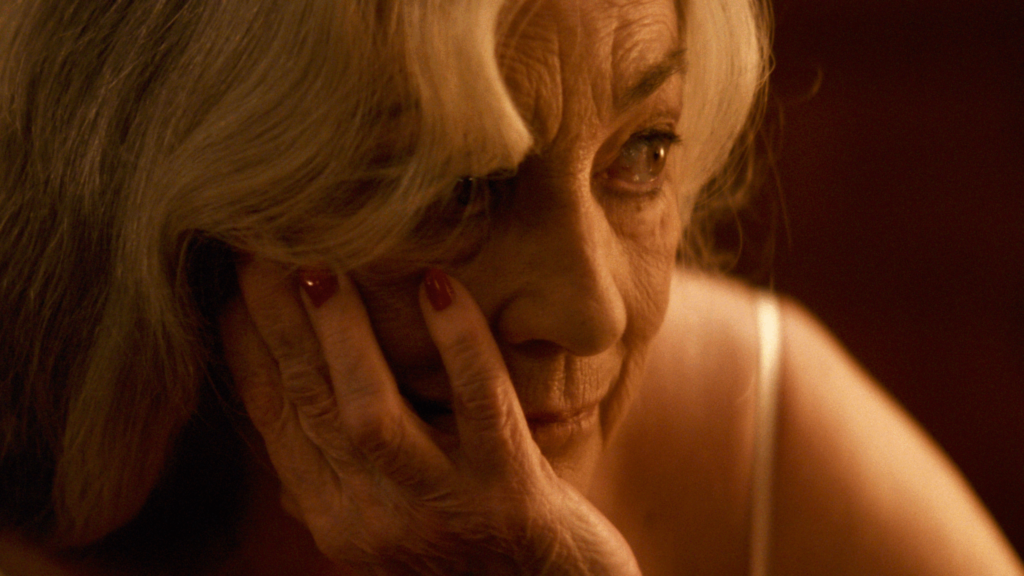At Home: Busting 10 reasons we cling to stuff we don’t need

Aleutie, Dreamstime
The start of a new year, as we come off a season of over consumption, is the ideal time to harness those feelings of guilty excess and summon the resolve to lighten up. If we are ever going to cut through the clutter that has accumulated in our closets, drawers, cupboards and garages, this is the time.
Think of it as colonoscopy prep for your house.
I know it’s no fun. As I sort through my home, I have a whole arsenal of excuses to avoid letting go of what should go. To fuel my momentum, I ran my top 10 excuses for not letting go by organizing expert Kim Krogh, owner of Elephant Organizing in Florida, and asked her to bust through my resistance.
“I’ve heard every one of these excuses,” she confirmed before cutting through them one by one.
1. I might need it someday. How long has it been since you wore or used it? Five years? Ten? If it’s been a long time, chances are you don’t and won’t need it. In the unlikely event you will, ask what your price threshold to replace it is. What dollar amount would you tolerate paying in the future to buy it again — $10, $50, $100? If you can replace it for under your pain point, let it go. Chances are also good if you really need that never-used juicer, you can borrow it from a friend.
2. So and so gave it to me. A gift is yours to do with what you want. If the only reason you’re keeping something that you don’t like or use is because it was a gift, then it’s just taking up space. Regift, toss, donate, or otherwise pass it on. “You have my permission to let go along with the needless guilt,” Krogh said.
3. It was mom’s … or another loved one’s. “These are loaded items,” said Krogh, who confesses she struggles with them, too. If you find yourself saying, “I don’t really need this item, but it came from someone important to me,” then ask what good it’s doing buried in a closet or under a bed? You’re not honoring your mother’s wedding dress or your grandma’s mink stole if it’s sitting in a box. Consider repurposing items. Make the wedding dress into a pillow or a skirt, interspersing lace with denim. Or donate them.
4. It was expensive. So? That doesn’t mean it’s worth much now. Lots of people believe their china, crystal, oriental rugs, chandeliers “all of which I have and love,” Krogh said, are worth more than they are, but millennials don’t want that stuff. To confirm true market value of an item, look up “sold” (not listed) prices of similar items online in the used marketplace. If it is worth it to you to try to sell, then find an avenue to sell it — and sell it. The quickest place is through an auction house, estate sale, or consignment store. Take a percentage and be done with it. Don’t let stuff you don’t need or use take up space just because you think it has value.
5. I want it to go into good hands. This is a lazy excuse. Are you really going to vet potential buyers? By waiting for that perfect recipient, you’ve created an unnecessary hurdle. Let the item go and find its place in the world.
6. My kids might want it. “Uh, probably not,” Krogh said. If you think they might want something, ask them in a clear, non-manipulative way. Tell them you want to get rid of some things, but you don’t want to get rid of anything they want. Assure them they will not hurt your feelings. If they want something and they have their own homes, give them a deadline to get it or you’ll donate it. Unless they’re still in school, and not on their own, don’t become their storage unit.
7. What if I regret letting something go? Although Krogh hasn’t met anyone in her 15-plus years of organizing who has felt remorse from letting go, if you change your mind after a piece is gone for good, the world will not come to an end, she assured. Moreover, it’s probably gone to someone who appreciates it.
8. I can deal with it later. Decisions delayed never get made, and by deciding not to decide, you have made a decision. Delaying decisions is the reason you’re in the pickle you’re in. Wouldn’t you rather decide the fate of these items than burden your kids or spouse with them?
9. What’s the harm in keeping it? Space is finite. “I can organize all day long, but I can’t make more space,” Krogh said. If you don’t create a habit of regularly letting go, your things will just keep piling up. Go on Zillow and find out the square-foot value of your home. For instance, a 2,000 square-foot house worth $400,000 has a square-foot value of $200. Is this how much you want to pay to store that chocolate fountain you never use or that 20-year-old set of golf clubs?
10. It’s irreplaceable. The hardest items to part with are those that have sentimental value, particularly heirlooms.
“We can’t keep everything. Start there,” said Krogh, who gradually downsized her parents from a 5,000-square-foot home into assisted living. Ask family members if they want anything. Then make executive decisions about what can go.
“I can’t keep it all and don’t want it all,” she said.
Marni Jameson is the award-winning author of seven home improvement books. Reach her at marnijameson.com.















